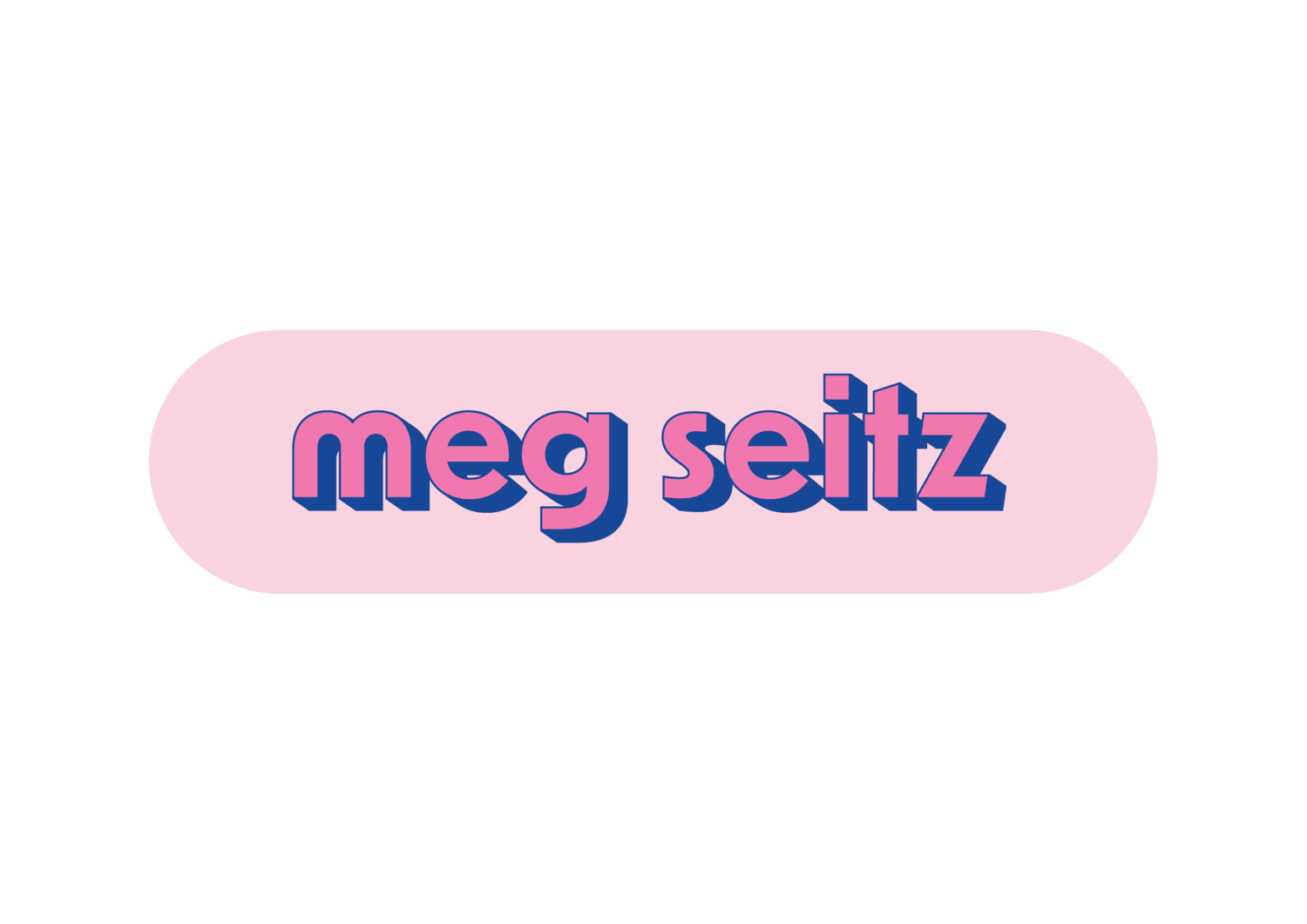"The most complex problems are solved by humans." A Q&A with Attorney & Podcast Host Kevin Pratt
Kevin Pratt is a human lawyer.
What the heck's that mean? It means he lives and works in a way that puts humans first - and so much more.
In this Q&A, the attorney who serves a team of entrepreneurs at Oyster and the host of The Human Lawyer podcast talks about his favorite thing about being human, how it builds relationships and how it builds the future.
ms: The Human Lawyer. Why? Why does the field of law need this touch?
kp: The practice of law is a helping profession. The best lawyers I know really lean into the relational aspect of practicing law, whether it's relational alignment with their clients, colleagues, or adversaries. The problem is relational stuff doesn't sell in a polarized world. It doesn't generate clicks. It's usually not showy. It's just there: a steady, slow drip. The only way to recognize the steady, slow drip is to turn the faucet on, flooding the landscape with human stories that demonstrate why being proximate really does pay. Whether your cause is death penalty reform or financial services advise and counsel, there is an undercurrent of humanity that can link the work together. The challenge however is in identifying it. So the hope is that in helping a person identify their own human stuff, how it's unique, and why it's valued in the marketplace, that same person will be more sure-footed and proximate to the things she cares about. And she's starting a cycle. And we'll all benefit from her.
ms: What are some of your favorite 'human' questions to ask those you interview?
kp: The expansive, existential ones that don't have a straight answer. We're not trying to solve any societal problem; we're just trying to understand things better. It just so happens the "thing" in this podcast is each other. That understanding informs so many other things, but the hope is that we can create a space where people feel comfortable pontificating about the things that matter and all the things life can be.
ms: If you're not a lawyer, but if you're interested in bringing this 'human' touch into your business, field, or industry, what's that first move you'd recommend based on the Human Lawyer?
kp: Identify the disconnect. Lawyers are not unique. They render a professional service. Many other people do that same thing, albeit with a different focus: accounting, architect, marketing, etc. When we focus so much on the work, the work can swallow the person, not just in an introspective sense, but also in the way that person is perceived externally. We seek to understand by distilling things to their lowest common denominator: a baseline that we can evaluate based on other similarly-situated people, places, or experiences. We do ourselves a disservice in that sense. The reality often is we see ourselves as this incredibly complex being, but we fail to see others in that same light. We use words to describe that: words like selfish, narcissistic, etc. But that's too harsh. Humans try to create order and the baseline creates order. But if we just give ourselves a little more margin; more runway for the complex; we create space for different paradigms, more creative thought processes, and deeper connections.
ms: What's your favorite part of being human?
kp: How unpredictable it is. Just when you think you know, you don't. IYKYK is fun on the socials; it's a consistent whiff in real life.
ms: Is the future human, and why?
Completely. The most complex problems are solved by humans. Creative solutions are proposed by humans. Technology simply amplifies the human experience when deployed thoughtfully and ethically. We must remind ourselves that there's a person behind the screen and that, while technology can scale relationships, impact is scaled by the ingenuity, finesse, and responsiveness of an idea. That starts and ends with humans.
Keep learning with kp:

